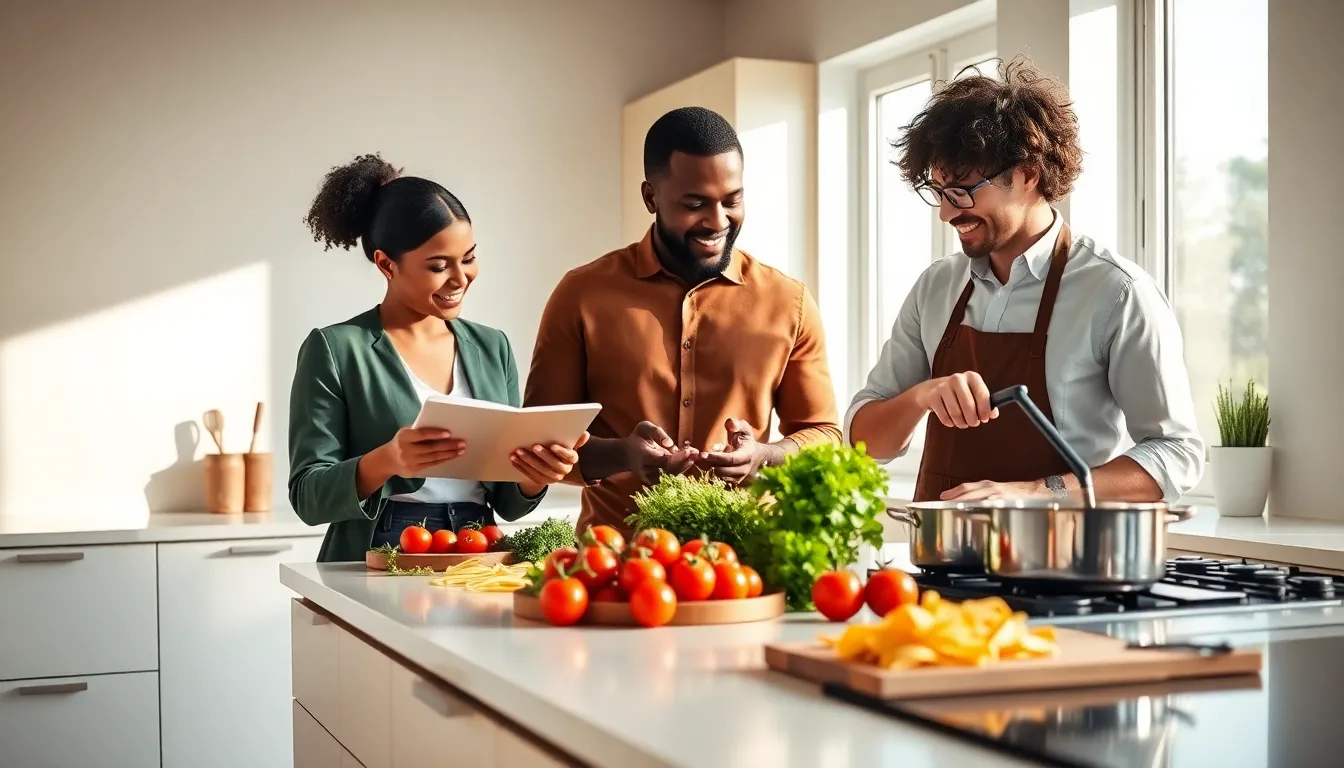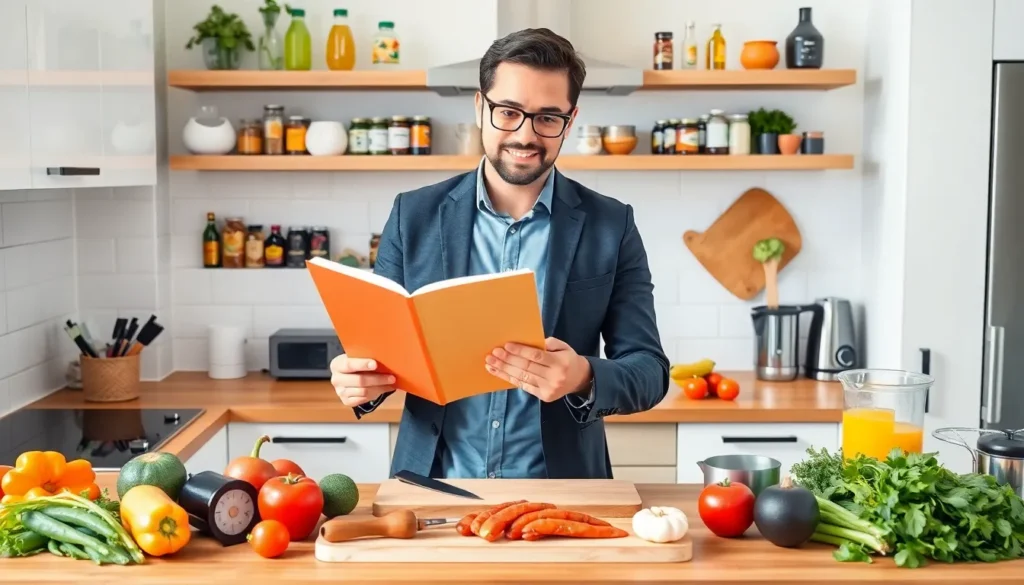Table of Contents
ToggleAre you tired of scrolling through countless online recipes only to find them complicated or underwhelming? Well, welcome to the ultimate guide on how to make at home. From gourmet meals to simple snacks, this article has everything you need to become a kitchen wizard (or at least not set off your smoke alarm). Whether you’re aiming to impress your friends or just craving a homemade treat, this guide will take you step by step through the process. Prepare for some culinary adventure sprinkled with laughter and a pinch of fun.
Choosing Your Recipe

When it comes to making something at home, choosing the right recipe can feel like finding a needle in a haystack. Start with what you love to eat. Whether it’s creamy pasta, crispy tacos, or a fluffy cake, pick a dish that excites your taste buds. After all, if you’re going to invest time and energy in cooking, it should be something you really want to savor.
Don’t shy away from trying out new cuisines or seasonal ingredients. A quick search online can yield thousands of options, so use filters to narrow down your choices. Look for user ratings and comments for a bit of guidance. And remember, there’s no prize for complexity: sometimes simple is best.
Essential Ingredients and Tools
Now that you’ve selected a recipe, let’s talk about what you actually need to bring your culinary dreams to life. Essential ingredients often include staples like flour, sugar, and salt. But, unique recipes may require specific items, don’t forget those important spices that can elevate a dish.
When it comes to tools, a sharp knife, a sturdy cutting board, and a few quality pots and pans are essential. Utensils might not seem glamorous, but a good whisk or spatula can make your cooking life a whole lot easier. If you’re feeling extra motivated, consider investing in a food processor or a stand mixer. They can save you time.
And if you really want to step up your game, keep a few kitchen gadgets close at hand. A blender can whip up smoothies and sauces, and a digital thermometer can help ensure your meat dishes are cooked to perfection.
Step-By-Step Guide
With your recipe in hand and your ingredients prepped, it’s time to get cooking. Follow these general steps to keep things organized:
- Read the Recipe Thoroughly: Before chopping, measuring, or mixing, give the entire recipe a good read. Surprise ingredients can lead to last-minute scrambles.
- Prep Your Ingredients: Gather, chop, and measure everything before turning on the stovetop. This is often called ‘mis en place’ and helps streamline your cooking process.
- Follow the Instructions: While feel free to sprinkle in creativity, sticking to the recipe can save you from culinary disasters. Timing is a big deal, especially when it comes to baking.
- Taste As You Go: Don’t be afraid to sample your food during the preparation. Adjust seasoning as necessary to ensure a flavorful end result.
- Present Like a Pro: Even if it’s just you enjoying your meal, taking the time to present it beautifully can make a huge difference in your dining experience.
Tips For Success
Cooking is as much about practice as it is about creativity. Here are some tips that can lead to culinary triumph:
- Start Simple: If new to cooking, select straightforward recipes that won’t overwhelm you. As confidence builds, investigate into more complex dishes.
- Be Patient: Rome wasn’t built in a day, and neither will your culinary skills be. Enjoy the journey, and don’t rush through the process, even if you’re hungry.
- Keep it Fresh: Use fresh ingredients whenever possible. They can make a world of difference in flavor and presentation.
- Experiment and Have Fun: Don’t hesitate to infuse your personality into dishes. Love spicy? Add more chili flakes. A little creativity can lead to a staple dish that’s uniquely yours.
Common Mistakes to Avoid
Even seasoned cooks can trip up sometimes. Here are a few common pitfalls to steer clear of:
- Not Reading the Recipe: Skimming could lead you to skip crucial steps or ingredients.
- Skipping Measurements: Precision matters, especially in baking, where ratios count.
- Not Prepping Ahead: Missing out on the ‘mis en place’ can mean a chaotic cooking experience.
- Ignoring Cook Times: Use timers to avoid overcooked or undercooked dishes: your taste buds will thank you later.
Understanding these typical mistakes will help in honing those cooking skills and moving towards kitchen mastery.




